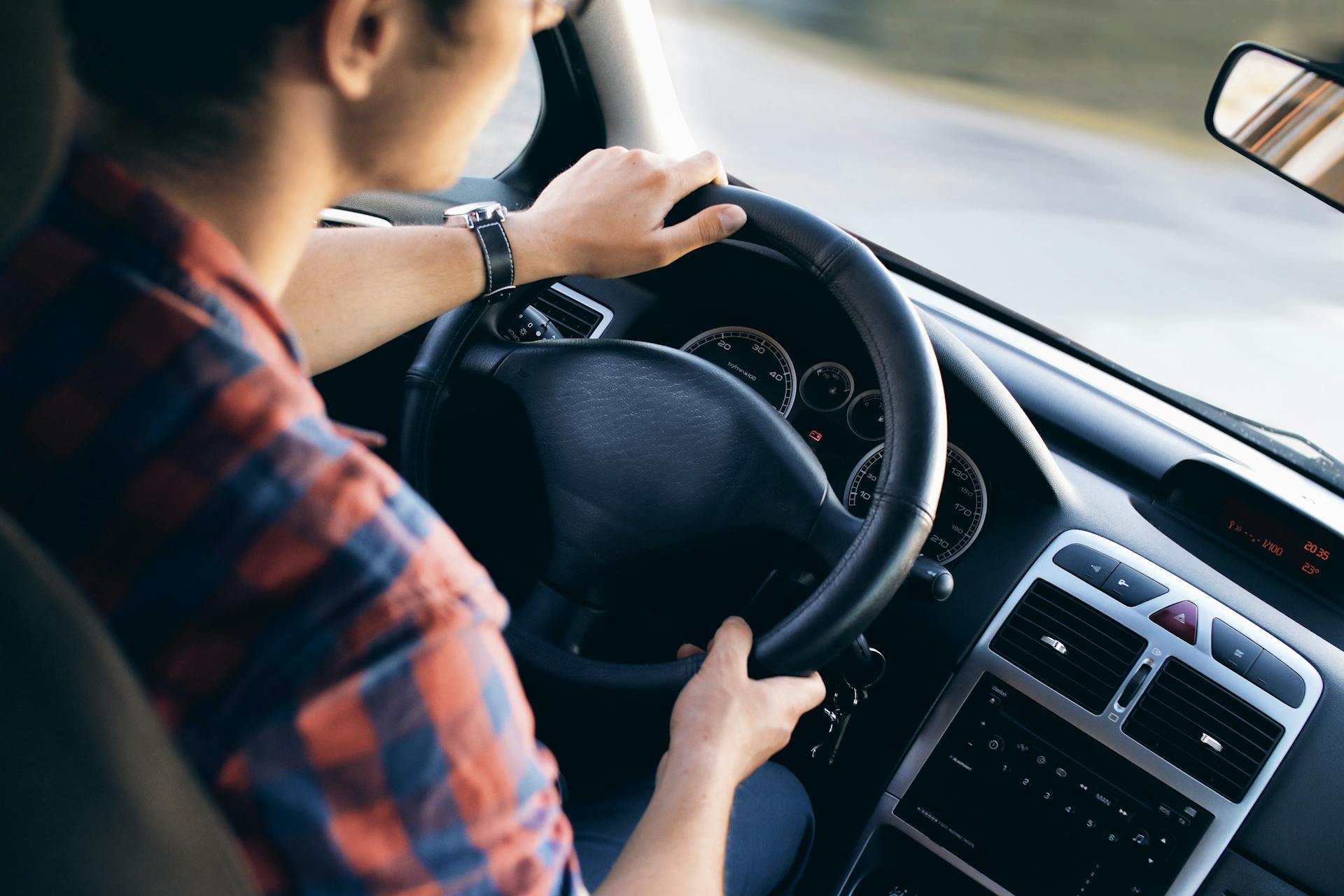The New Dangers When Sharing the Road
Big rigs keep America moving. There’s no denying that our road-based infrastructure requires trucks to ensure shelves are stocked and our modern way of life can keep moving. However, as the truck driver shortage worsens, the dangers increase for everyone on the road.
Truck driver fatigue is a growing issue.
In an era where technology is helping improve safety on the roads, there’s little that can be done about driver fatigue. And it’s not just a safety issue it’s a public health issue and a legal one too. The NHTSA recognizes the problem, and knows that annually hundreds of people are killed because of drowsy driving. Today, the Car Crash Captain, from our offices in Richardson, Texas, looks into why this is a growing issue, and what can be done.
What is Truck Driver Fatigue?
If you crash while under the influence, it’s easy to test you for drugs or alcohol. But how does a report capture drowsy or fatigued driving? It’s difficult to quantify, unlike a blood alcohol content that shows a higher BAC generally means more impairment. Is “a little tired” worse than “a bit drowsy” or “fatigued” or “zonked”? They all have a big impact, but truck driver fatigue can end up being worse than other motorists being fatigued.
Commercial truck drivers are held to a higher standard than your average motorist. They have certain number of hours they can drive, but long hours, irregular sleep schedules, and tight deadlines can cause carelessness and chronic fatigue. Federal hours of service all up to 11 hours of driving in a single shift. Even when following the rules, that can lead to driving dangerously tired.
Suppose a driver wants to avoid the heaviest traffic, when do they drive? In the middle of the night the roads are usually much less busy than mornings and evenings. But most drowsy driving crashes happen between midnight and 6am – when the body is naturally less alert.
How does Texas Fare for Truckers?
Texas is already one of the deadliest states when it comes to commercial vehicle wrecks. With a large population, a lot of highway, and congested cities, this is bound to happen until some sort of alternative can be worked out.
Those long stretches of highway can lull even the most alert driver to sleep. And a news report from the Cron.com, published late 2025, found that Texas ranks third for the most fatal large-truck crashes involving drowsy drivers. Truck driver fatigue is responsible for 6% of all fatal large truck crashes (Colorado ranked 2nd with 7% of wrecks due to drowsy driving, and Wyoming was first with 11% of wrecks caused by truck driver fatigue).
So, what can you do to avoid being a victim?
- Drive during the safest parts of the day (10am to 4pm is deadliest)
- Take extra care during bad weather
- Pass quickly, don’t linger in blind spots
- Be extra aware of what “could” happen
No matter how diligent of a driver you are, there are times when accidents happen. And if you’re doing everything you should be doing, but you’re still injured or a loved one is killed because of another motorist’s negligence, you need to have a truck wreck lawyer on your side.
How Herbert Law Group Helps Truck Wreck Victims
Accidents that involve injury or death are complicated. There’s a lot more that goes into these things than most people realize, and the insurance companies are hoping you don’t know how to protect yourself.
But here’s the good news: you don’t have to know what to do.
You just have to keep in mind that Herbert Law Group, serving the areas around Dallas and Fort Worth, know what they’re doing. We have dealt with a lot of car wrecks, including those caused by truck driver fatigue. The results speak for themselves: victims that have received compensation that actually help them return to a life worth living.
What do we need from you? We need to get to know you and find out what happened. Let’s do that with a quick phone call to determine how we can help. Call our offices in Richardson at 214-414-3808, or fill out the contact form on our site and we’ll call you.

